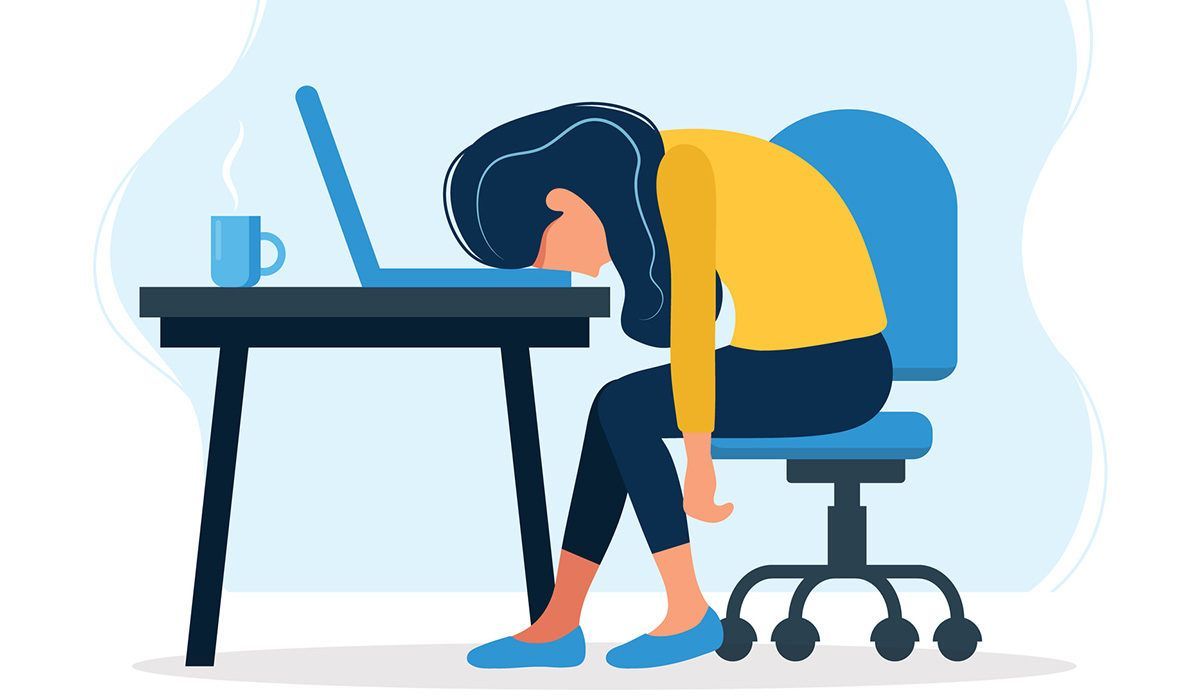BetterHelp or BasicHelp?
The controversy over BetterHelp is out there.

The controversy over BetterHelp is out there, with scandals of faked advertisements from endorsers who have not really experienced the services provided by BetterHelp, overworked and underpaid clinicians, as well as clients neglected by numerous therapists and charged even after cancelling subscriptions. Paid endorsements from “influencers” is problematic on its own, but it becomes even more so when the product is mental health services. Don’t get me wrong, the concept BetterHelp proposes is great overall! More people being able to receive mental health care services is a dream of most clinicians, but is what BetterHelp offers actually legitimate? For some, yes - for many, not so much.
BetterHelp has a reputation for putting great effort into recruiting; soliciting without discrimination both clinicians to work for them and endorsers to, well endorse them and their services (whether they have used their services or not). For clinicians, once they’ve solicited you, you can probably expect to hear from them several more times.
While they may offer subscription-based services, as a client you may not be getting quality care or the full picture of how much the cost of services truly are. Many people who have experienced BetterHelp’s services firsthand have plenty of complaints about the services they actually received. Some say they barely received services, if at all. In fact, currently there are about 278 official complaints have been made to the Better Business Bureau about BetterHelp, 115 of which were made for continuing to be charged after multiple attempts at cancellation, despite receiving inadequate services - or no services at all.
BetterHelp states in their FAQ’s page under the ‘Who will be helping me tab’, “if you start the process and you feel your counselor isn't a good fit for you, you may elect to be matched to a different counselor", but the reality is that most therapists are bombarded with client suggestions, or the therapists are unable to provide appropriate attention to each client, or face great difficulty referring clients with severe cases to a better-suited therapist. Referring out to a better fit for care is common and appropriate practice in mental health; however, the traditional therapeutic process guides the client to a specialized or higher level of care. BetterHelp lacks the network that traditional therapy has to guide you to therapists that may be helpful to you in your area, not just passing you along to the next therapist with review "stars" that guide their algorithms. Additionally, Better Help therapists are being incentivized to give therapy via texts- they are literally paid per word. Without diving into this (it is a whole post on its own), this is problematic from the ethical perspective of providing therapy. That said, many therapists DO text with clients whether to schedule appointments, check in, or send gentle reminders; however, therapy through text is a big red flag and is not the kind of care most individuals need or deserve. Tone is incredibly hard to read and convey through text, and therapy through this medium is very vulnerable to misunderstandings and lack of clarity. Sometimes any help is better than no help, but unless you are rurally located and without any transportation, severe cases need more in-person and higher level of care. The shift to telehealth is exciting and a much-needed transition, and even if it becomes a permanent option, the reality is that sometimes people still need to come in-person to address certain concerns. There is also a huge difference between extending access through telehealth for those that are appropriate for the service and trying to pass off text messaging as therapy.
Times are tough during the COVID-19 pandemic. Therapists are struggling with balancing providing the care their clients need and reducing their own exposure. Currently there may be many qualified therapists that are practicing through BetterHelp, but usually, good therapists want to join a practice or agency or practice independently. They want to do this over Better Help because quite simply, the pay is better. If they can’t get a job, there may be a reason why they are on BetterHelp and getting paid poorly. Insurance is an option now only due to the current pandemic, but previously their services were only subscription-based. In interviewing some BetterHelp therapists, they report getting paid poorly from subscription-based clients and only getting paid appropriate amounts for clients with insurance. As a client, of course affordable care is important. But as with all healthcare, you have to weigh out the quality of your services for the price. You may find that you pay the same for therapists who take sliding-scale and get a much higher quality of care. Every clinician has their own story–they might be underestimating the value of their services, or maybe they are just practicing part-time while focusing on other ventures. Whatever their skill level or situation, for clinicians, BetterHelp may be more trouble than it’s worth.
Overall, the idea of BetterHelp is great, but the high volume of clients paired with under-equipped clinicians has decreased the platform’s effectiveness, and general quality of care. Finding clients and therapists can be overwhelming on both sides, but putting in the work yourself might be more beneficial than using a platform that takes advantage of both clients and clinicians. When you think of where the platform originated it makes sense. The model of BetterHelp was founded by Danny Bragonier and Alon Matas, both of whom have no background in mental health. Danny Bragonier has a bachelor's degree in statistics and Alon Matas has no publicly-visible education displayed, unless you count the Robert Fulghum quote on his linkedin profile, “All I need to know, I learned in kindergarten.” The fact that neither of these men have a background in mental health therapy is concerning to say the least, but shows that maybe their true intentions are not to provide adequate or ethical support, but instead to provide a large model that pulls in money for them and then a poor amount to those who are actually providing the services.
If you are looking for a therapist, try Psychology Today’s Therapist Finder, which can help you find a therapist in your area by using filters such as zip code, type of therapy, type of insurance covered, and specialties. This site is one of the most reliable tools for clients to find and connect with therapists, and for therapists to professionally represent themselves to prospective clients. Psychology Today is a great site for people searching for therapists and for clinicians searching for clients. There is minimal to no evidence that Better Help does any additional screening beyond what is done via Psychology Today verified listings. Finally, if you are in North Carolina and looking for a therapist, the current practice I work at, Caladrius Therapy has several skilled therapists that are ready to address concerns such as trauma, family, relationships, life transitions, anxiety, depression, and more both through in person visits and via telehealth. Visit our homepage to learn more and see if one of our therapists may be a fit for you. Everyone deserves proper care and support. We hope you find the right fit for you, wherever that may be.

